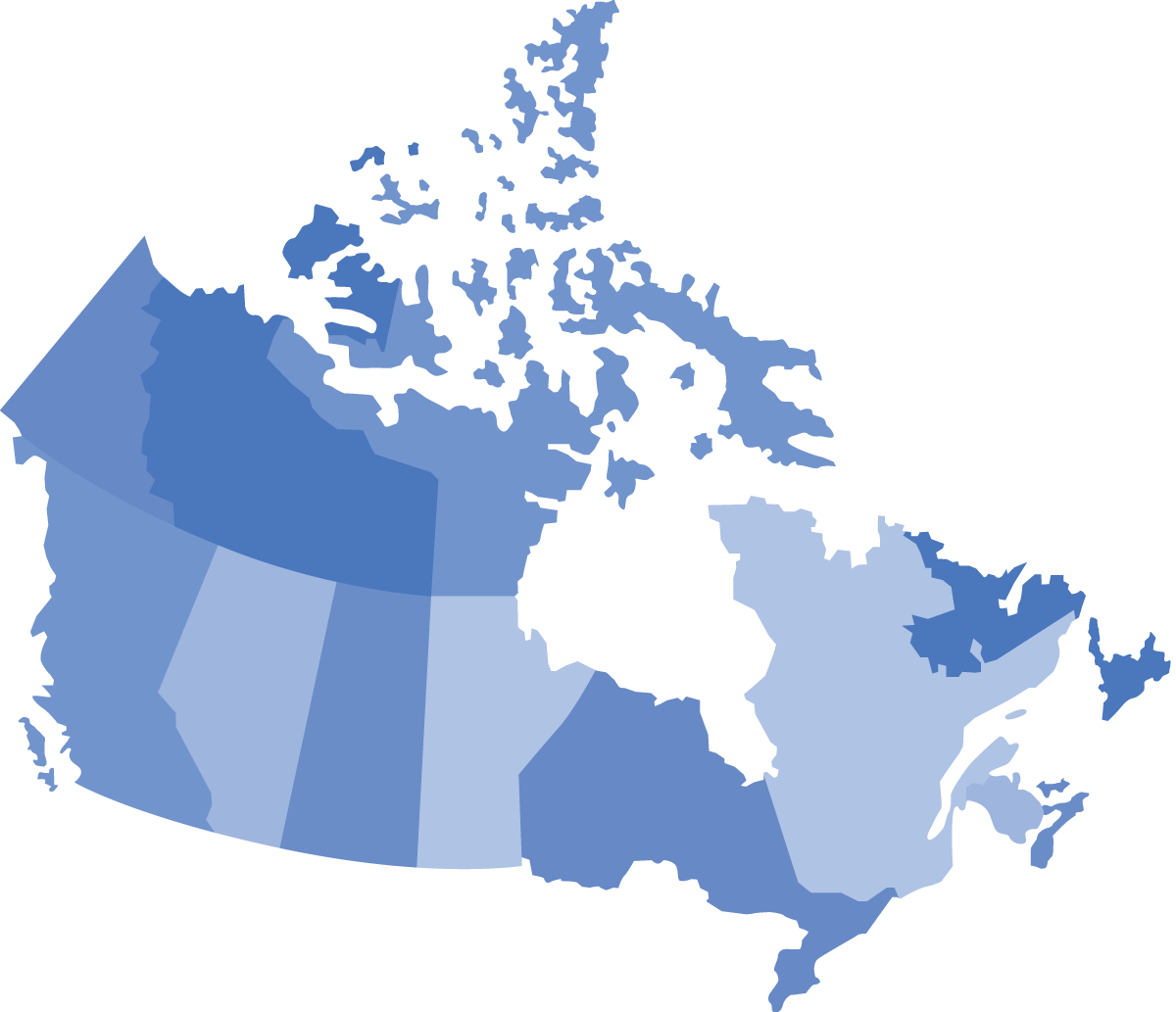-
Understanding Grief ›
-
- Truths about grief
- What grief looks and feels like
- Common challenges with grief
- Grieving before the loss
- Ideas for living with loss
- Grief triggers
- How long grief lasts
- How the loss affects families and others
- When life starts to get better
- Special dates
- Rituals, funerals, and memorials
- Do I need more help?
- Prolonged grief
-
-
Grieving a Death ›
-
Non-death Loss ›
-
Supporting Someone ›
-
Professionals & Volunteers ›
-
Resources & More ›
How loss affects family and others close to me
Your grief is shaped by your relationship with the person who died, your life experience, and your family, friends, community, and cultural worlds. Adjusting to the loss and your grief will involve making sense of what the relationship meant to you, how you are personally impacted, and also if or how this loss impacts your family, friends, and community.
Relationships are complex. Your relationship with the person who died might have been long, short, close, or complicated. You may have lost someone who played many roles in your life:
- Spouse or partner
- Parent
- Friend
- Family member
- Child
- Colleague
- Community member
- Animal companion
What did this relationship mean to you?
- Was this person part of your daily life? Your routines and chores? Your interests and hobbies? Your social activities? Your work life?
- Did you turn to them at times of stress or difficulty?
- Was this person a trusted mentor or adviser? A close confidant? A constant companion?
- Did you rely on their characteristics, skills, or presence to navigate important areas of your life? Socially? Professionally? In your family?
- How does the length or intensity of your relationship impact your grief?
- How close were you and the person at the time of their death? Were you in close contact? Estranged?
How has this loss affected my family?
Stress and change are normal when there has been a loss.
- Family members may express their grief differently. Some may openly share thoughts and feelings, and some may be more private with their grief.
- You may be concerned when you notice how differently each person grieves and worry if you or others are going to be okay.
- You and other family members may be learning new skills and adjusting to new roles and responsibilities.
Re-engaging with difficult family members
- After a loss, some people need distance from family or certain individuals.
- You may not be ready to face a weekly Sunday brunch or dinner with family right now.
- Some family members may offer unhelpful advice.
- Some families do not talk about the death at all. This can be difficult if you need to share.
Staying away may not be good for you in the end. It may be important to go to a dinner despite your hesitation. Or it may be necessary to set limits, such as not having a conversation you know from experience will be upsetting.
If you feel overwhelmed or “stuck” please talk to a health professional or trusted leader in your community such as a doctor, chaplain, nurse practitioner, social worker or school administrator. These trusted people may be able to connect you with appropriate programs, resources, and other forms of needed support such as grief counselling or medical care. You may be able to access counselling services if you have an Extended Health Plan, or through an employee assistance program. It will be important that they have experience in grief counselling. If you have thoughts of or plans to harm yourself or others, go to your nearest Emergency Department, call your local Crisis Line, or call or text 9-8-8 if you are in Canada. It is essential that you reach out for help.
See also:
- Do I need more help?
- MyGrief.ca Module 8 - Do I need more help and where to find it
Your relationship with the person who died will impact your grieving and affect family members in different ways. It may help to remember that grief is personal and that everyone is doing the best they can during this stressful time.
See also:
- MyGrief.ca Module 3 - How loss affects family
- MyGrief.ca Modules 10 to 16 - Relationship Series
Video Gallery
Resources
The fact is that we are all affected – subtly or in a big way – when someone in our family is diagnosed with a serious illness. Our outlook on life can change. Our behavior can change. Our roles can c ... Read more
Three mothers and three young adults talk to each other about their experiences with grief.
Roger Rosenblatt talks about experiences following the loss of his daughter. Grieving with his wife, son-in-law, and grandchildren.
The fact is that we are all affected – subtly or in a big way – when someone in our family is diagnosed with a serious illness. Our outlook on life can change. Our behavior can change. Our roles can c ... Read more
Roger Rosenblatt talks about experiences following the loss of his daughter. Grieving with his wife, son-in-law, and grandchildren.
Three mothers and three young adults talk to each other about their experiences with grief.


